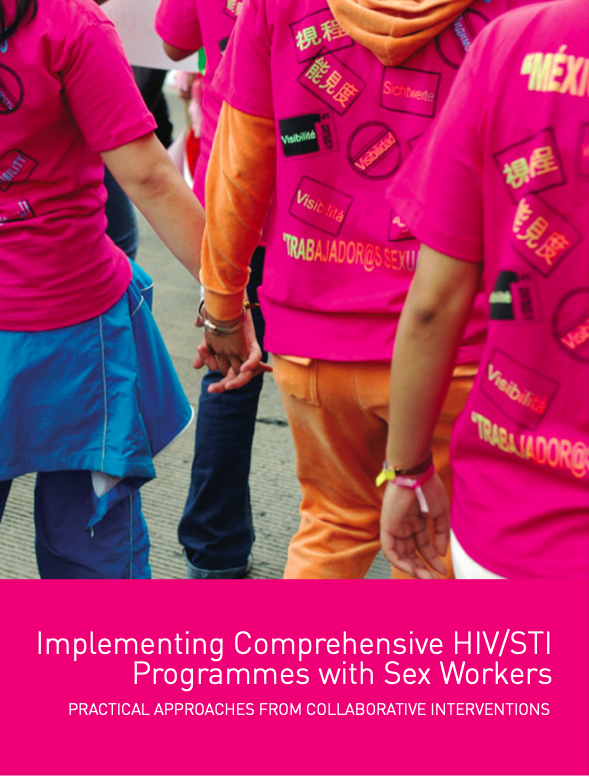SWAN hosted an online event on SWIT to mark the closing of the Robert Carr Fund program on November 23, 2021. Since UN agencies and the NSWP endorsed the Sex Worker Implementation Tool or SWIT in 2013, SWAN has promoted it in Central and Eastern Europe and Central Asia for two cycles of the RCF, or six years in total. This guidance on effective HIV and STI prevention justifies why sex work should be decriminalized and why sex workers must contribute to policies as partners.
The online meeting with 21 connected attendees from seven countries where SWAN has promoted SWIT. The meeting supported English-Russian translation. They were the first to learn about the results achieved during implementation at the country level and share the lessons learned. Thus, each team told about the work from seven countries: a presentation from Armenia was followed by the Forum of Sex Workers on Russia, Karina Kobogonova told about Kyrgyzstan, Elena Fiskova represented Ukraine, Nenad Micov from Macedonia, and Nataliya Zholnerova from Kazakhstan as well shared an annual update on activities. And finally, they were guided by Trajche Janushev, SWAN Program Officer, to discuss the obstacles they encountered and how they addressed them, looking for suggestions for the future.
The Macedonian team facilitated a six-month mentorship program with the local community leaders. In addition, 56 sex-worker-led workshops with combined informal networking, cooking, and make-up sessions contributed to the discussion of SWIT. As the country intensively transitions to domestic funding for its HIV prevention programs, North Macedonia funds HIV prevention by the civil society for key populations since 2017. The Macedonian project, in partnership with the academy, completed a study that included 40 interviews with sex workers and developed recommendations. With this expertise, STAR-STAR from Macedonia has been invited to participate in the state commission on HIV.

In summary, among the lessons learned, advocacy, community-led research, community mobilization with online tools, all in COVID times, continue to make the difference and make the voices of sex workers impactful and powerful. This is another step towards legislative and policy changes that advance the human rights of sex workers and their access to health, namely HIV. These investments have been crucial to the human rights of sex workers. The next issue the future RCF program will focus on is access to social welfare for sex workers, which is an acute issue, as two years of COVID-19 have demonstrated.

